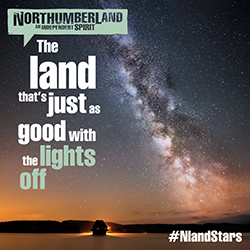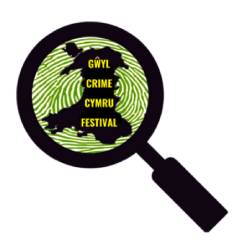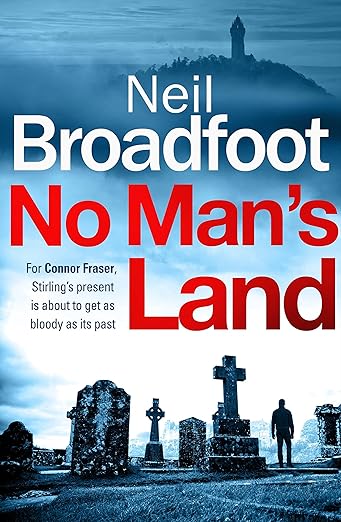Karen Swan travels to St Kilda – the location of her novels
The St Kilda of Karen Swan’s novels
Karen Swan travels to St Kilda – the location of her novels
Oh it’s a treat to head up to the Orkney Isles with Karen Swan!
Booktrail the locations in Karen Swan novels
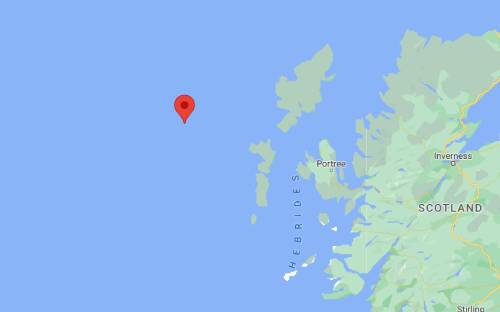
St Kilda (c) Google
Locations in Karen Swan’s St Kilda novels
My books have become well known for their settings and many of my readers have come to regard the location as the third character after Him and Her. But in a highly connected world where we can go anywhere and see anything – even if it’s only online – it’s increasingly difficult to give the readers somewhere that feels new.
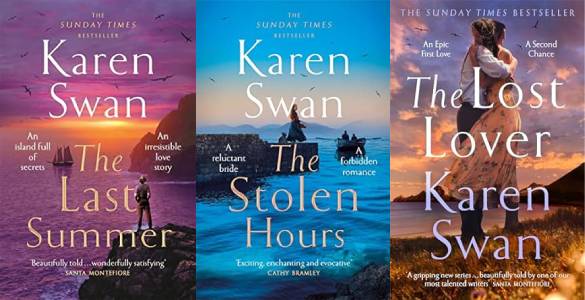
St Kilda series
The archipelago of St Kilda – the outermost of the Outer Hebridean isles, sitting 110miles off the Scottish mainland – could never be described as new; it was inhabited for over thousand years until the islanders chose to be evacuated in the summer of 1930, but surprisingly, this ancient, desolate and isolated island does at least feel fresh to the modern eye. The four-hour crossing can only be made during late April to early September and is weather and wind dependant; I was thwarted on one occasion but successful for two as I braved the journey to research my four-book series The Wild Isles.
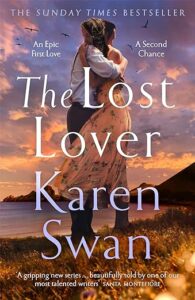
Locations in Karen Swan’s St Kilda novels
The third book The Lost Lover, centres on a young woman called Flora who is destined for a bigger life than St Kilda can provide. She ends up in Paris, a bewildering and dazzling transition from desolate isolation to hedonist sophistication. But St Kilda is no ordinary island and she is no ordinary island girl.
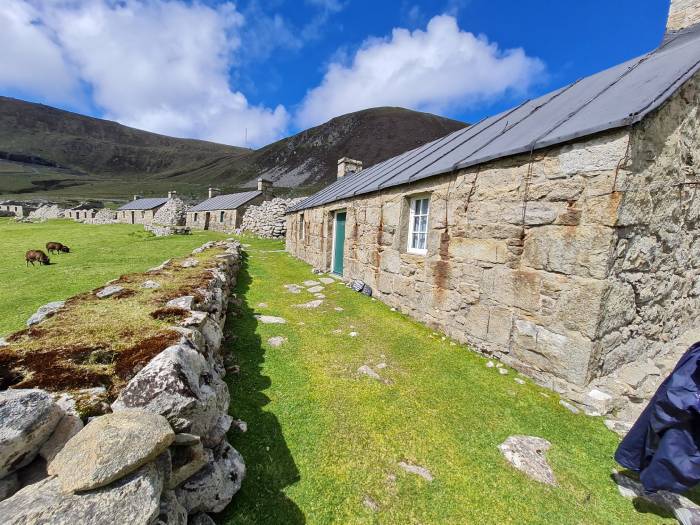
St Kilda street (c) Karen Swan
Locations in Karen Swan’s St Kilda novels
My first sighting of St Kilda was situated here, on the singular Street where the islanders lived and socialised. A tiny mention was made in The Times showing the men congregated on the Street for their daily parliament (division of chores), with the headline Ninety Years Since St Kilda Gave Up. It was the Gave Up that caught my attention and if you look closely at the image, you’ll see wires used to strap down the cottage roofs; that’s one indication of what the islanders were up against: ferocious winds that hurled rocks from the beach and according to one report after a bad storm, deafened them for a week.
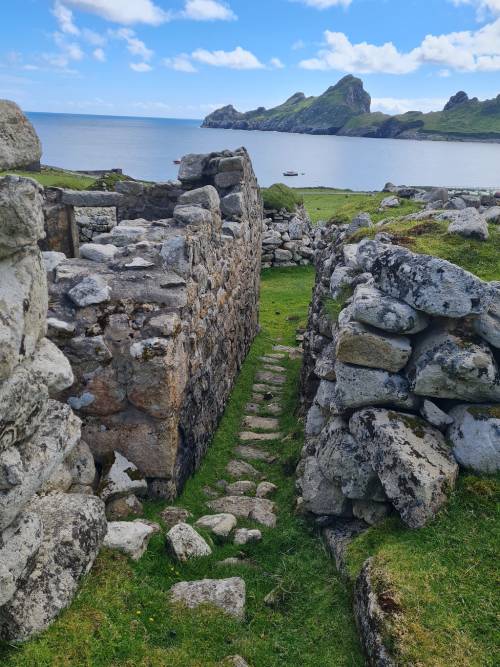
St Kilda narrow path (c) Karen Swan
Locations in Karen Swan’s St Kilda novels
Rocks and grass are the only things to be found on the isle – no trees or crops; the wind and the salt spray inhibited successful harvests – but within those two spare elements, a community was created nonetheless. Cottages gave shelter, stone stores known as ‘cleits’ provided storage and the narrow paths that were created between them all must surely have borne witness to countless whispered conversations and secrets, for in a small community, privacy would have been hard to come by.
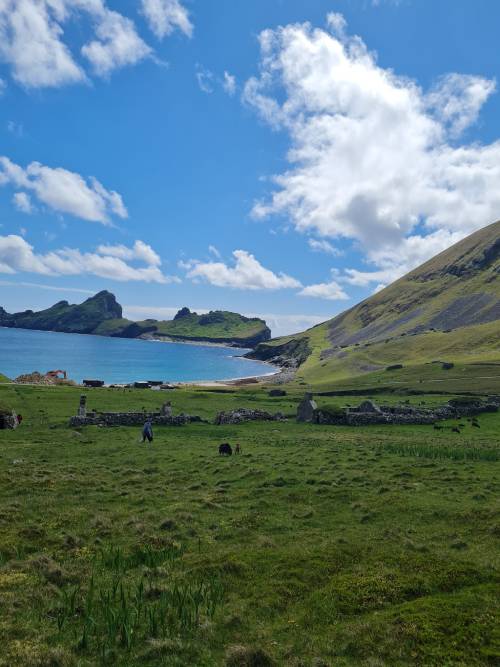
St Kilda shoulder (c) Karen Swan
Locations in Karen Swan’s St Kilda novels
The early section of the book deals with a love triangle played out on these steep slopes and on the beach, just in view here (photograph was taken at high tide); the neighbouring isle of Dun – which was once connected to Hirta, the main island in the St Kildan archipelago – can be seen in the distance. The picnic scene was set right on the shoulder of the slope to the right of this image, just out of sight of the village.
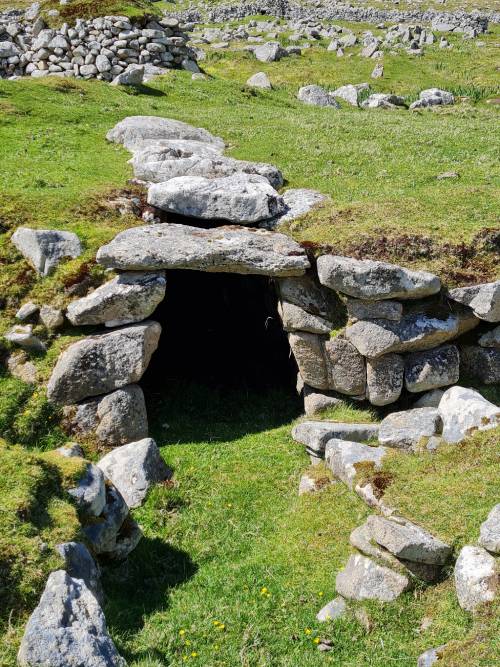
St Kilda souterrain (c) Karen Swan
Locations in Karen Swan’s St Kilda novels
Primitive underground dwellings, known as souterrains, are unique to the island. The one pictured here is known as the Fairy House but there is another, on the other side behind the ridge, known as the Amazon’s House. Strict sailing time restrictions prevented me from getting over there but maps show it is significantly larger than this one. Much of Flora’s time in the St Kildan section of the book is set there and highlights the stark contrast in position when, post-evacuation, she ends up in Paris at the Ritz.
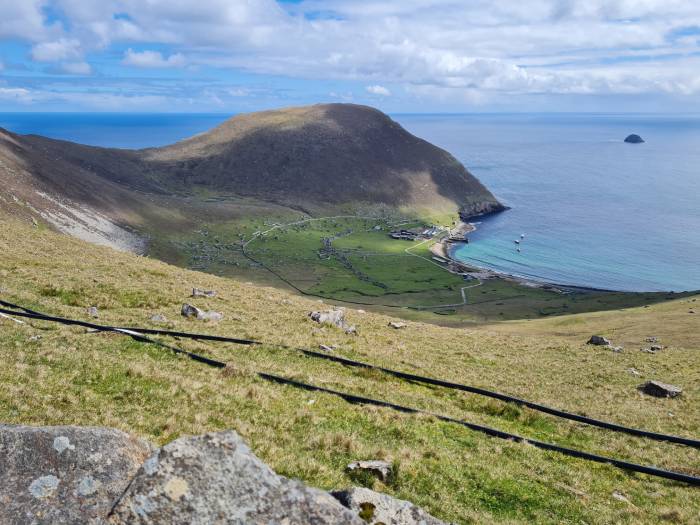
St kilda village view (c) Karen Swan
Locations in Karen Swan’s St Kilda novels
This view back to Village Bay is taken from the ridge which subdivides the island of Hirta (commonly referred to as St Kilda). It graphically demonstrates the scale of the mountains both straddling and encircling the two-mile long island – from here, the cottages look no bigger than boulders – and is emblematic of the might of Mother Nature versus the villagers; the seacliffs here are the highest in Britain and the islanders had to become expert craggers in order to eke out a scratch existence living off the seabirds and their eggs

(c) Karen Swan
BookTrail Boarding Pass: Karen Swan and St Kilda
Twitter: @KarenSwan1 Insta:@swannywrites

